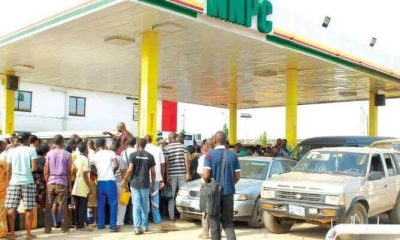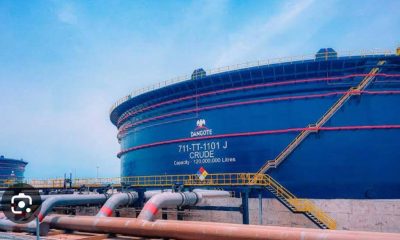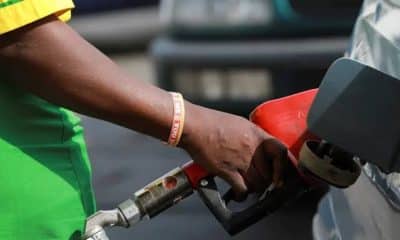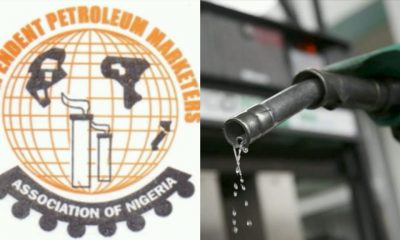Business
Marketers Explain Reason For Fuel Scarcity, Hike In Pump Price Of Petrol
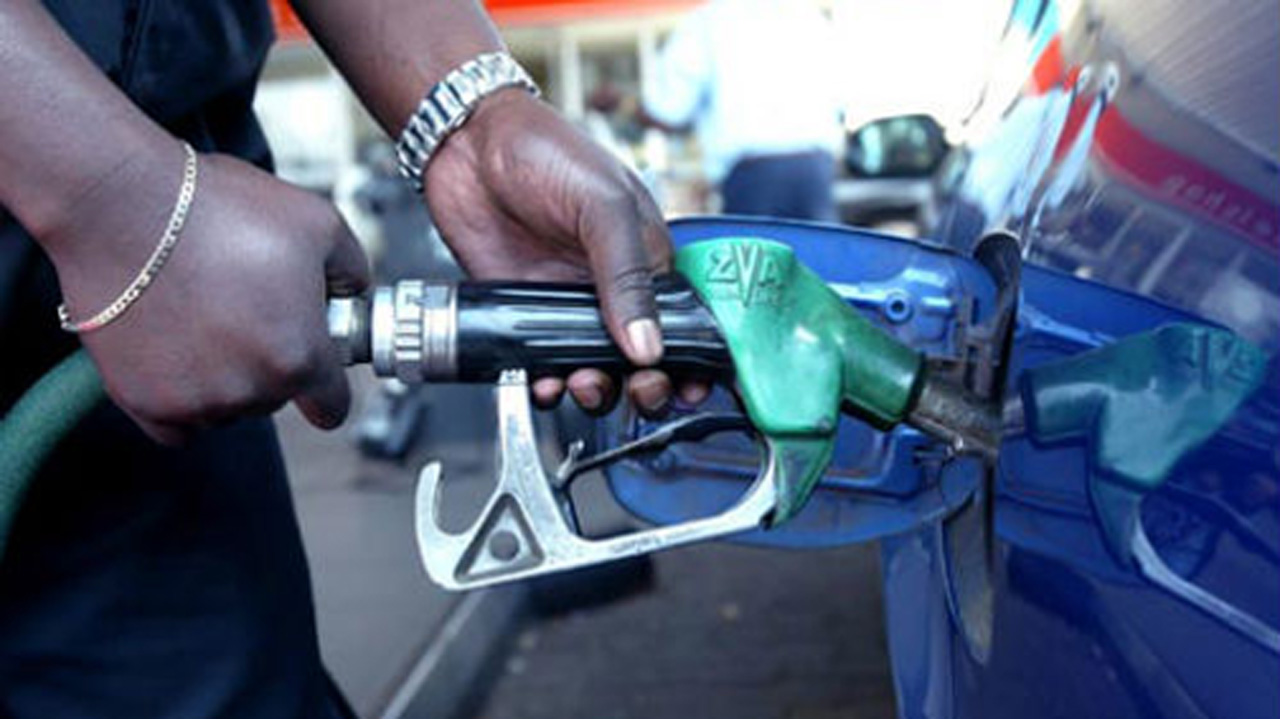
In light of the lingering fuel scarcity and return of long queues at petrol stations, pump prices are now stabilizing at higher levels among independent and major marketers across states.
Recent investigations by journalists reveal a growing disparity in prices between major marketers and independent marketers in Lagos and Abuja.
The majority of marketers are said to be maintaining relatively steady prices, while independent marketers have raised their prices by 20 to 30 per cent, Naija News understands.
According to Vanguard, major marketers are currently selling at an average of N605 per litre, while independent marketers are selling at an average of N730 per litre.
Despite some major marketers selling below N600/ltr and others as high as N900/ltr in the outskirts of major cities, black market prices have soared to N1500/ltr due to persistent long queues at petrol stations.
Reacting to the situation, independent marketers attribute this situation to a breakdown in the systems of the Nigeria National Petroleum Company Limited (NNPCL) and suggest that Business-to-Business (B2B) transactions among petroleum marketers are favouring major marketers.
They also point out that this breakdown has given major marketers an unfair advantage, as independent marketers no longer have direct access to imported fuel at depot prices.
The Independent Petroleum Marketers Association of Nigeria (IPMAN) clarified that the prices of petrol at their stations are elevated due to the fact that their members procure products from the open market.
According to the Public Relations Officer of IPMAN, Chinedu Ukadike, the inability to access products directly from NNPC Retail, as their portal has been down, has forced independent marketers to resort to the open market.
Ukadike told reporters that it is unfeasible for independent marketers to sell below ex-depot price without factoring in transportation costs, employee wages, and other logistical expenses.
“We source our product from the open market. We buy from tank farm owners, major marketers and depot owners. For some time now we have not been able to get products from the NNPC because the portal is down. It is undergoing an upgrade and we have not had any access to it. Without access, you cannot get a product.
“Also, they are updating licences for marketers, and we have been urging them to speed up the process. You must understand that the sector is liberalised and sells as you buy. Presently, we load between N650 and N700 per litre. By the time you add the cost of transportation and others, you will realize how difficult the sector is for independent marketers.
“We are just managing to keep our stations open so that we don’t go out of business and have to sack our workers. You must also understand that prices are determined by demand and supply. Currently, the demand is higher than supply and that will naturally lead to an increase in price,” he said.
Also speaking on why IPMAN-operated stations were selling at higher pump prices, the Chairman of IPMAN Aba Depot, Maxi Oliver Okolo, said independent marketers were loading from privately owned depots at N800 per litre.
He said, “It’s impossible for us to sell below that amount, and that is why we have asked the government to intervene and ensure that we also get our products directly from NNPC depots. That is the only way we can compete and remain profitable.
“Many of our members have shut down their stations and sent their workers away because we can no longer cope with the harsh business environment.”
On his part, the CEO of the Major Energy Marketers Association of Nigeria (MEMAN), Clement Isong, explained that the continued operation of filling stations owned by major marketers is due to collaborations among members, such as product swaps, which have ensured that their stations remain stocked.
In a statement issued to journalists, Isong explained that “The advantage we have is that we share logistics in Apapa, which is an excellent platform to work with. They call it the Apapa hub. All our members have depot facilities in Apapa and so logically, over time, we learned to work together for the efficiency of the Apapa hub.
“So, when we have scarcity like this because we know ourselves, we are an old association, I think we are the first, we share not just logistics but products. We do what we call product swaps. So, if I run dry in my depot, I can go and take from another MEMAN company depot and later, when I have products, I can give him back the product that I took from him.
“The advantage of this is that we all can focus on keeping our stations wet. We have the key stations in all the key cities in all urban areas in Nigeria. If we can keep our 3,000 stations wet, we think that with an efficient system of transportation, the queues will abate before the weekend.”

